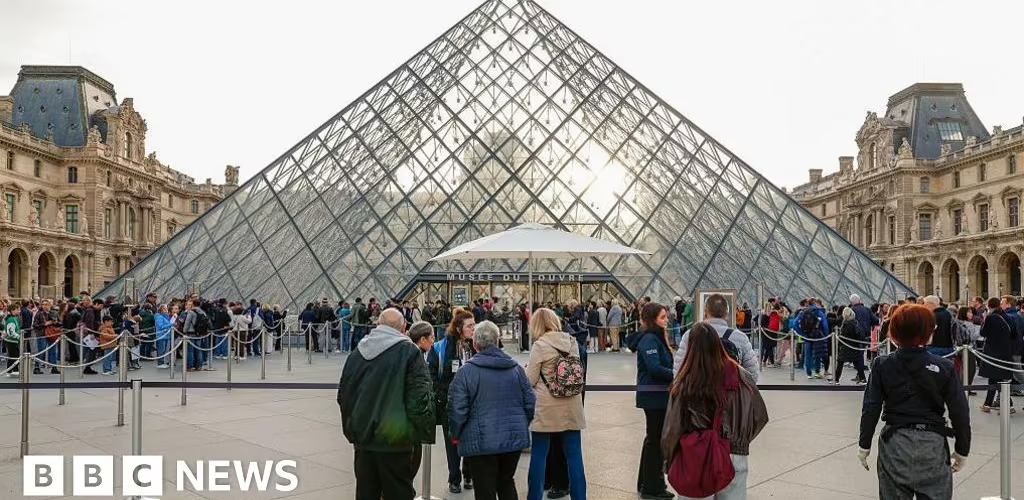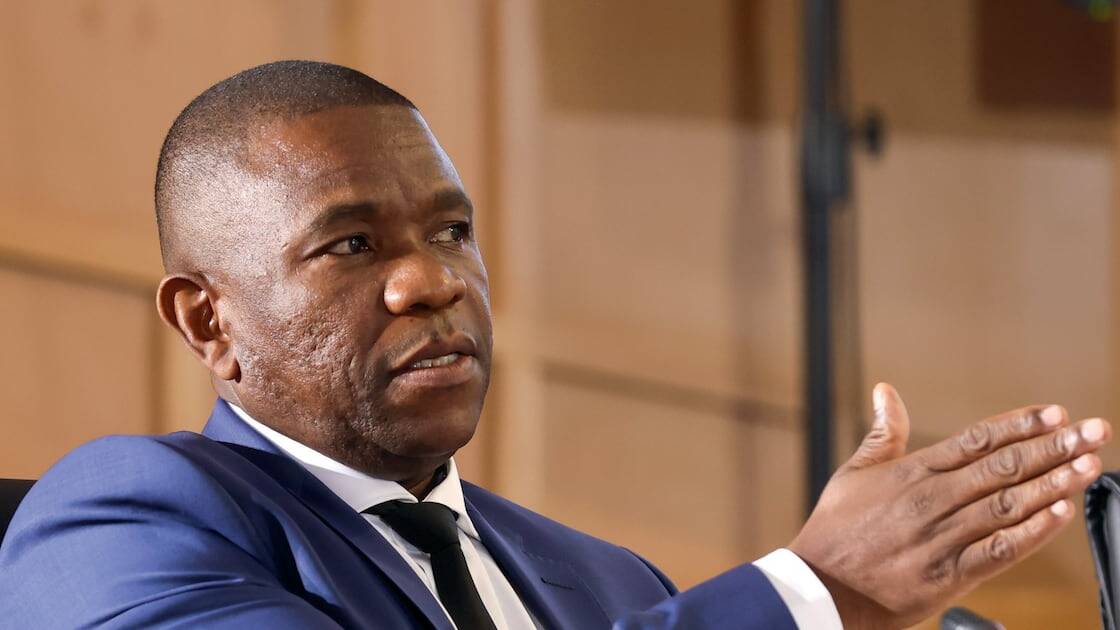Louvre hikes ticket prices for most non-EU tourists by 45%
BBC | 28.11.2025 09:41
Ticket prices for the Louvre museum in Paris will rise by 45% for most non-European Union visitors, the museum's board decided on Thursday.
From early next year, tourists from countries like the US, UK and China will have to pay €32 ($37; £28) to enter the museum, a price hike which is expected to raise millions of euros annually to fund an overhaul of the famous gallery.
The museum's security and management have faced criticism since a brazen heist in October, when a four-person gang stole jewellery worth $102m (£76m) and fled within minutes.
An official audit of the museum published shortly after the heist highlighted the institution's inadequate security systems and ageing infrastructure.
From 14 January, visitors from countries outside the European Economic Area - a group which includes EU member states, Iceland, Norway and Liechtenstein - will pay an extra €10 to enter the world's most visited museum.
The Louvre received nearly 9 million visitors last year, with the majority coming from abroad. More than a tenth of its visitors are from the US and around 6% from China, according to the museum.
There have been longstanding calls to address the museum's capacity to accommodate crowds, with visitors often complaining of congested galleries and long queues.
In January, French President Emmanuel Macron and the Louvre announced improvements to the museum, and suggested higher fees for non-EU residents in 2026.
Macron also said the Mona Lisa would be moved to a new space to deal with overcrowding.
Most of the Louvre's 30,000 daily visitors flock to see Leonardo da Vinci's masterpiece. Crowds squeeze through the Salle des États - the gallery where the Mona Lisa is displayed - leaving each visitor only moments to view the painting and snap a photo.
The Louvre will also renovate other areas of the museum and add new amenities like toilets and restaurants - upgrades which are projected to cost several hundred million euros.
Earlier this month, the Louvre announced the closure of a gallery showcasing Greek ceramics due to structural concerns.
The investigation after October's heist found the museum had spent significantly more on buying new artworks, but far less on maintenance and restoration.









